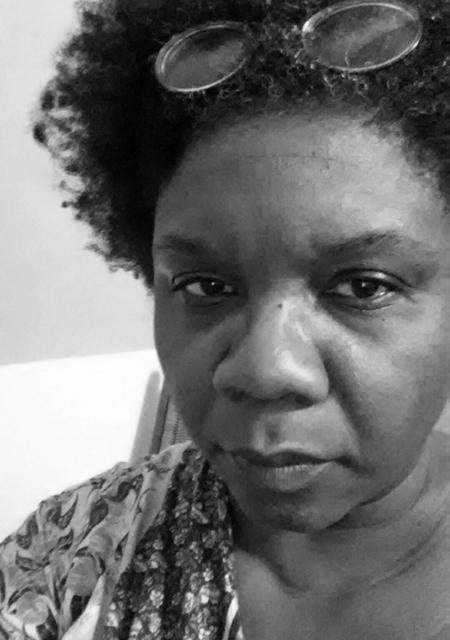Fifteen years ago, a dynamic group of young poets in Detroit gathered around Vievee Francis. As always happens when influential artists gather in one place, they quickly scattered. Their poetry is winning awards and getting into major publications now, but most of their readers don’t realize their connections to one another and to Detroit.
Francis is now associate professor at Dartmouth, and her third book, Forest Primeval, has had enormous success. It won the Zora Neale Hurston/Richard Wright Foundation Legacy Award, which honors the best of African American writing, and the Kingsley Tufts Award, the largest monetary award given to a single book of poems written in the English language.
The title echoes Longfellow’s Evangeline and its image of a romanticized wilderness, already lost and receding into the mists of memory. But Vievee Francis is not going there. The first poem is called “Another Anti-Pastoral,” and it begins “I want to put down what the mountain has awakened.” Not that the biographical details are necessary for reading this poet, but it is helpful to know that these poems were written after Francis and her husband left Detroit and moved to the mountains outside Asheville, North Carolina.
The mountain shows up in another poem that remembers childhood moments of fear:
Don’t tell me. I was there. And the songs
are mine who slept there, who dreaded the shade
of the trees at dusk, their mountain silhouette.
I feared and was without shame in my fright.
Who wouldn’t turn from that darkness?
But part of “what the mountain has awakened” in this poet is the echo of all the lost tales of transformation, where people turn into animals or are destroyed by them. Tales where people escape into the “forest primeval” only to become something other than people. From the Brothers Grimm and Hans Christian Andersen to the songs of Howlin’ Wolf and the art of Kara Walker, Francis finds the mythic touchstones that help her understand what is happening in her own imagination.
Yet Francis emerges in a new place. There is no easy acceptance of a romanticized wild world in her work, but there is a sense that the poet is a part of that world, not simply removed by memory and fear. A brilliant visionary and erotic poem called “Nightjar” (after the birds that fly in the night and catch insects) recounts a dream the poet had of the night bird hovering a few inches above her as she slept:
Crepuscular darling. How could I fear it? So urgent–
my muscles relaxed as I concentrated
all of my attention on the intruder–so hesitant.
I mouthed, Lower. I lay still as an invitation.
Vievee Francis reads from Forest Primeval on September 21 at the U-M Museum of Art.
